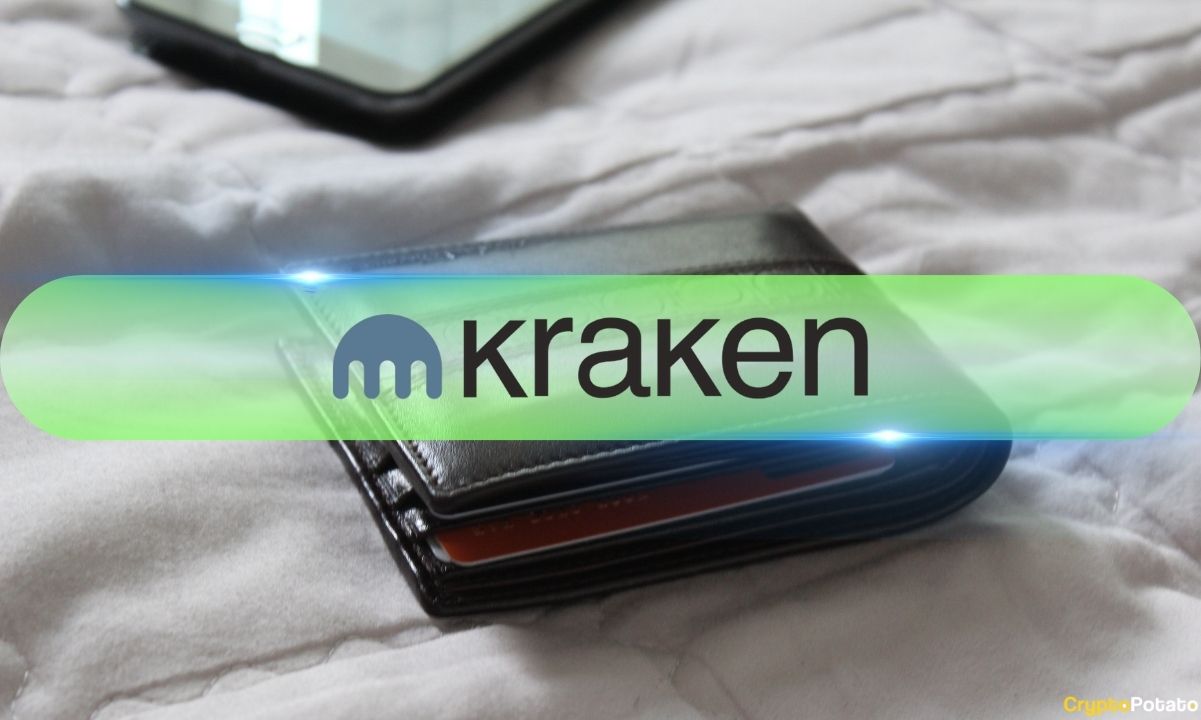Tesla (TSLA) Stock; Long Battery Repair Waits Anger Korean Customers
TLDRs;
- Tesla Korea sees record 2024 sales but faces criticism for slow battery repair services.
- Average Tesla BMS repair takes 23.4 days, frustrating local EV owners.
- Korea warns Tesla: fix battery issues or risk losing EV subsidy eligibility.
- Insurers and rental companies create downtime solutions amid repair delays.
Tesla is poised to break annual electric vehicle (EV) sales records in South Korea this year, but the company is facing mounting criticism from local customers over slow after-sales service.
Despite impressive sales growth, service delays and limited local contributions are raising questions about Tesla’s ability to support its expanding customer base.
Record EV Sales, But Service Lags
Tesla’s Korea operations are thriving in terms of sales, with 47,962 vehicles delivered between January and October 2024, a remarkable 92.8% increase year-on-year, according to the Korea Automobile Importers and Distributors Association.
The surge underscores the growing demand for EVs in the country, particularly among environmentally conscious consumers.
However, Tesla’s after-sales network has struggled to keep pace. The automaker operates only 14 service centers across South Korea, concentrated mostly in Seoul and Gyeonggi Province. This is far below competitors like BMW, which runs 81 centers, and Mercedes-Benz with 74 locations.
Tesla, Inc., TSLA
Battery Management System Delays
A major source of frustration for Korean Tesla owners is the prolonged wait for Battery Management System (BMS) repairs.
From August 2020 to September 2024, 4,637 BMS repair cases were reported, with an average turnaround of 23.4 days. Some owners have experienced repeated failures even after battery pack replacements, leading to accusations that refurbished units were installed.
In response, Tesla Korea recently announced it would extend free battery repairs for certain models and bolster its customer support team. While this is a step in the right direction, many owners remain dissatisfied with the service delays.
Subsidies and Regulatory Pressure
The South Korean government has been ramping up its support for EV adoption, with the EV subsidy budget set to increase to 936 billion won ($740 million) by 2026. Additionally, consumption and acquisition taxes for all-electric, hybrid, and hydrogen vehicles are being eliminated.
Despite these incentives, Tesla faces regulatory scrutiny. The Environment Ministry has warned that widespread battery issues could jeopardize the company’s eligibility for government subsidies.
Approximately 4,500 Tesla vehicles in Korea suffer from a BMS ‘a079’ error, which limits charging capacity to 50%, effectively halving the usable driving range. Losing subsidy eligibility could dent Tesla’s sales when the enhanced program begins in 2026.
Insurance and Rental Solutions Step In
The extended repair times have opened opportunities for insurers and car rental platforms to offer temporary solutions.
Tesla owners waiting for repairs often face significant downtime, prompting companies like Samsung Fire & Marine, KB Insurance, and Hyundai Marine & Fire Insurance to review EV-specific coverage policies.
Rental providers, including LOTTE rent-a-car, are partnering with insurers to guarantee replacement vehicles during prolonged repairs. These arrangements help alleviate the inconvenience for Tesla owners and create a niche market for downtime insurance tailored to electric vehicles.
Tesla Korea reported revenue of 1.7 trillion won ($1.2 billion) and an operating profit of 25.9 billion won in 2023. However, the company has not made any local donations since 2019, raising further concerns about its engagement with the Korean market beyond sales.
The post Tesla (TSLA) Stock; Long Battery Repair Waits Anger Korean Customers appeared first on CoinCentral.
También te puede interesar

FTX 2.0 Bidders Rejected by Bankruptcy Lawyers

REX-Osprey Debuts First U.S. Spot ETFs Offering Exposure To XRP, Dogecoin ⋆ ZyCrypto
